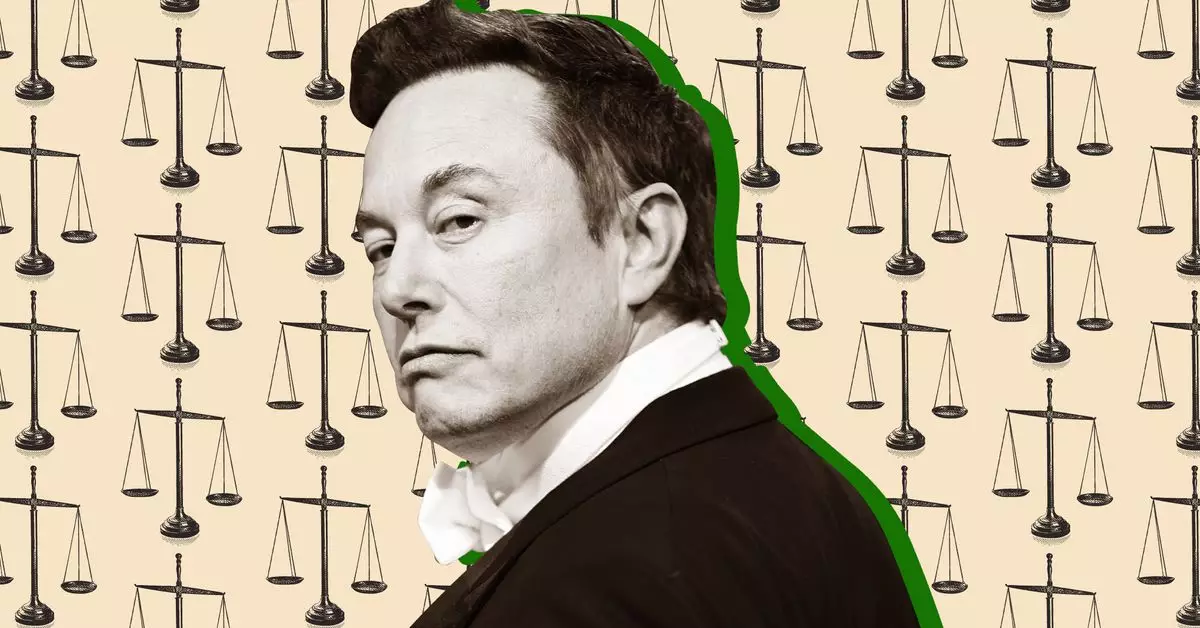In recent developments in the tech world, the legal confrontation between Elon Musk and OpenAI has caught significant attention. Musk, a prominent entrepreneur with ventures spanning electric vehicles to space exploration, is now embroiled in a lawsuit against the artificial intelligence company he co-founded. His claims against OpenAI raise critical legal questions and illuminate larger issues within the tech industry, particularly concerning corporate transitions and antitrust regulations. As the case unfolds, Musk’s legal strategy has sharpened, aiming to halt OpenAI’s shift toward a for-profit model while alleging concerning practices that may breach U.S. antitrust laws.
As reported by tech publications, Musk’s legal team filed a motion requesting a preliminary injunction against OpenAI’s transition to a profit-driven model. This request underscores Musk’s assertion that such a shift could have serious implications regarding OpenAI’s stability and financial accountability. His lawyers contend that the company’s leadership, particularly CEO Sam Altman, may be engaging in self-dealing that jeopardizes the firm’s ability to fulfill potential financial liabilities should Musk succeed in his lawsuit.
The request for a preliminary injunction reflects a strategic move by Musk’s legal representatives to freeze any operational changes at OpenAI until the court has fully evaluated the merits of the lawsuit. By doing so, they hope to prevent any irreversible decisions that could affect the outcome of the case. This paints a vivid picture of the intersection between high-stakes technology and complex legal frameworks, emphasizing how pivotal such transformations can be for stakeholders involved.
Central to the lawsuit are Musk’s allegations related to antitrust violations. He claims that OpenAI and its notable partner, Microsoft, have engaged in practices that inhibit fair competition within the tech sector. Specifically, Musk’s attorneys allege that these companies discouraged potential investors from supporting their competitors, an action categorized under the Sherman Act’s provisions against anti-competitive behavior.
This aspect of the lawsuit opens up critical dialogues about the consequences of partnership dynamics in technology. Musk’s assertion draws attention to the broader implications of how companies manage competitive relations, particularly in a rapidly evolving landscape where collaboration among technology firms is commonplace.
The outcome of Musk’s legal challenges against OpenAI may extend beyond just the involved parties. It has the potential to set significant precedents regarding corporate governance, competition practices, and the ethical considerations surrounding the profit motives of technology companies. As the tech industry grapples with its rapid growth and the accompanying ethical dilemmas, cases like this could catalyze regulatory scrutiny and dialogue about the balance between innovation and responsibility.
As the technology landscape continues to shift, the developments in this lawsuit may very well illuminate the challenges that arise when finance, ethics, and competition collide, making it a critical case to watch as it unfolds. Elon Musk’s legal battle could reassess how emerging tech firms gain financial backing, operate competitively, and ultimately, reshape the future of the AI landscape.

